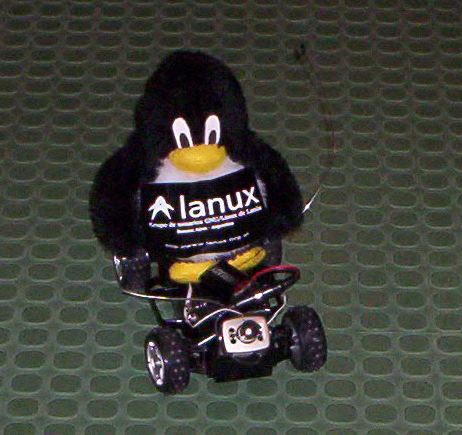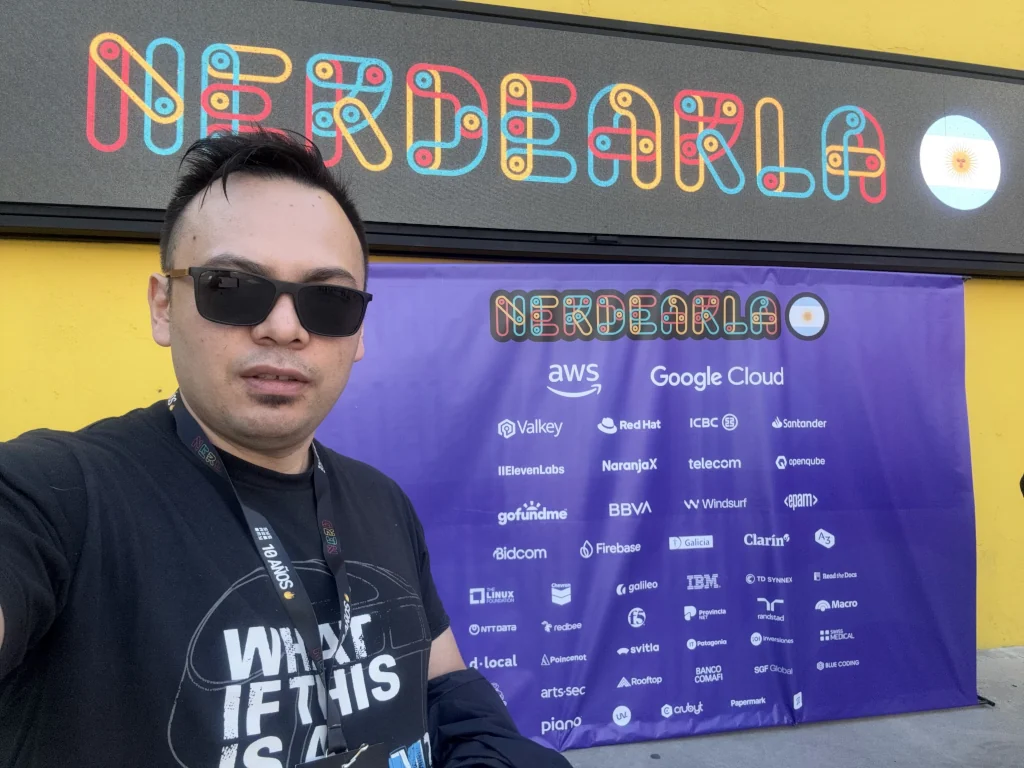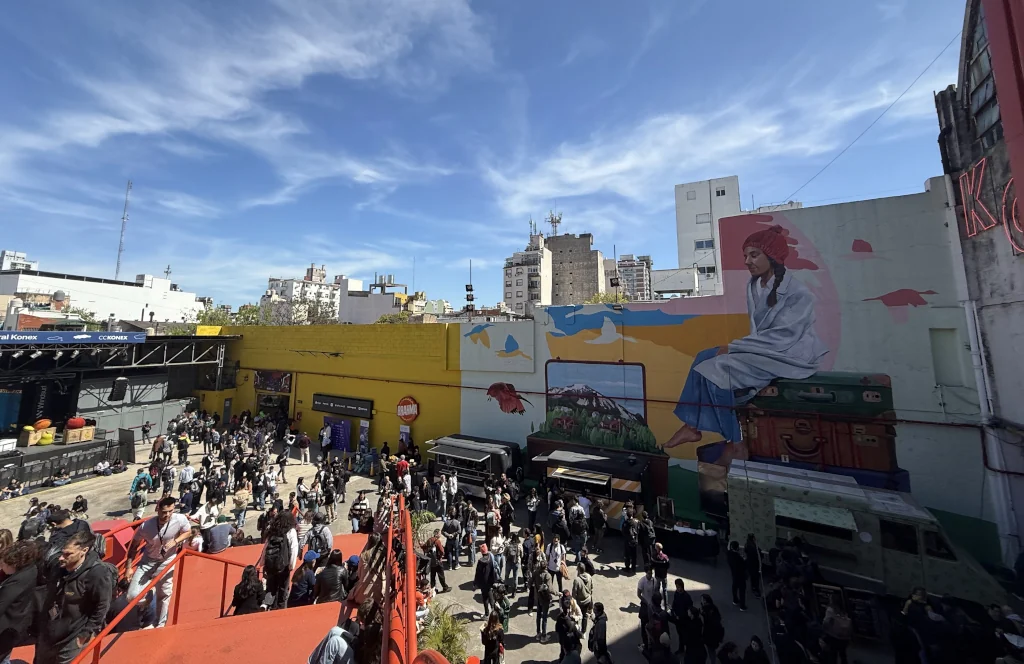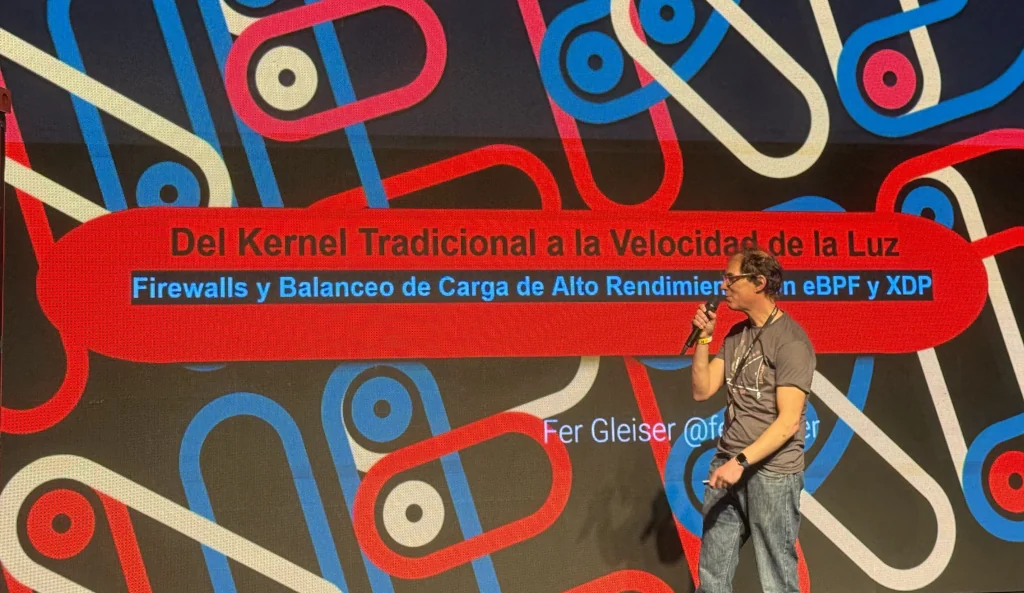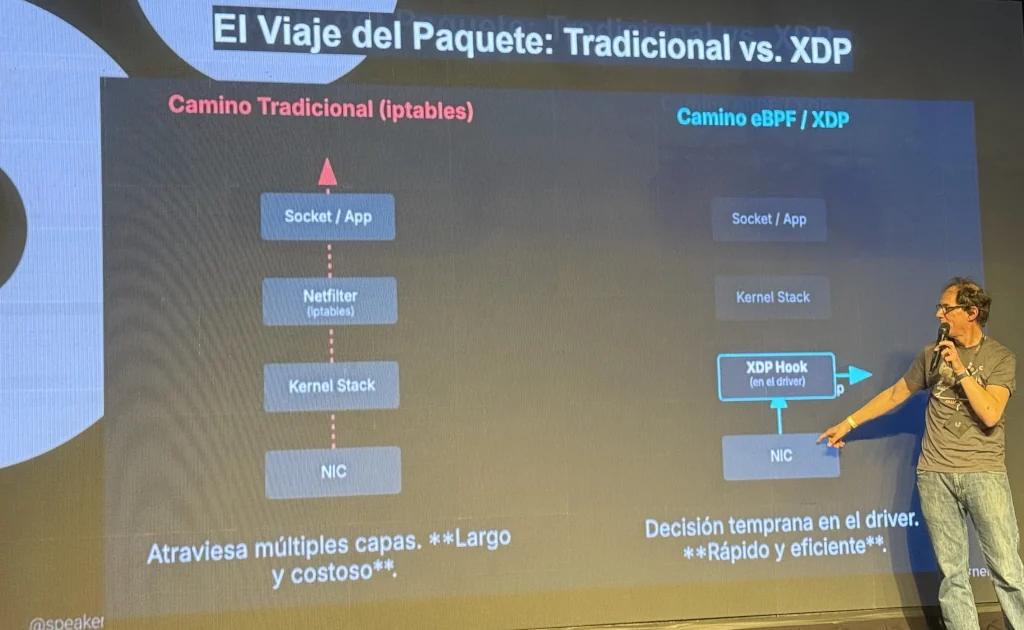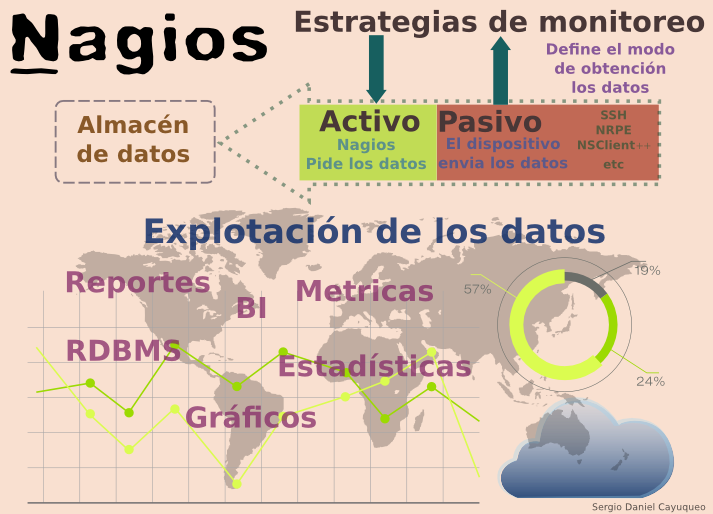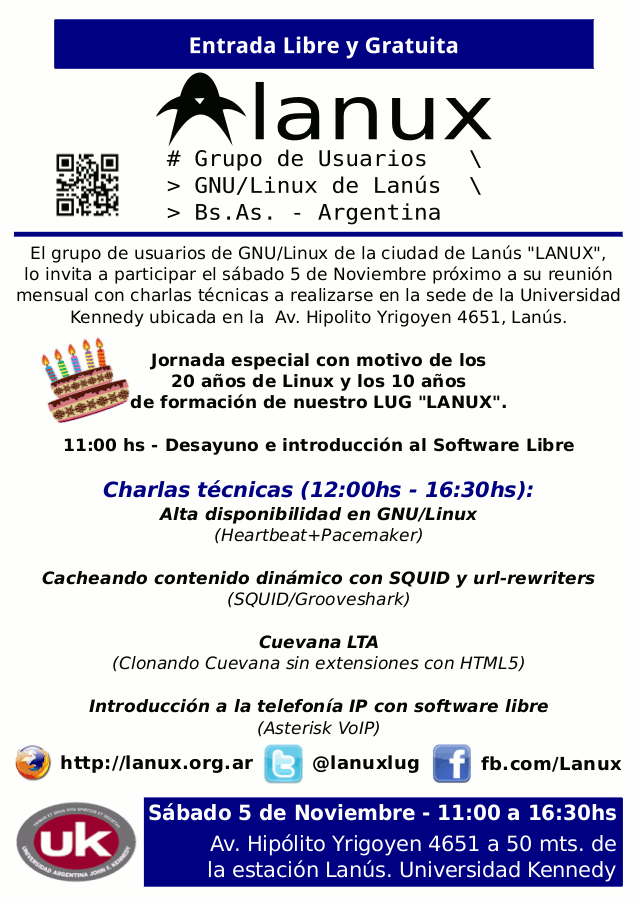FLISoL 2015
Te invitamos el sabado 25 de abril, desde las 9:00 hasta las 13:00 al Festival de instalación de Software Libre Latinoamericano de este año, o «FLISOL 2015».
Como todos los años desde el inicio del festival, el grupo de usuarios de GNU/Linux y software libre Lanux te invita a participar de este festival en la sede de la ciudad de Lanus, la entrada obviamente es totalmente libre y gratuita.
Además de realizar instalaciones de GNU/Linux y otros Software Libre, vamos a aprovechar para aclarar dudas, y dar algunas charlas introductorias a GNU/Linux, software y cultura libre. Podés venir con un pendrive o memoria flash y copiarte una distro, con una PC/Notebook para llevarte una instalada, o venir solo por las charlas. Para inscribirte hace click Aquí.
¿Qué es el FLISOL?
El Festival Latinoamericano de Instalación de Software Libre (FLISOL), es el mayor evento de difusión del Software libre que se realiza desde el año 2005 en diferentes países de manera simultánea. En el año 2008 participaron más de 200 ciudades en 18 países de Latinoamérica, y se adoptó su realización el 4to Sábado de abril de cada año. Es una oportunidad para todas aquellas personas interesadas en conocer más acerca del software libre. Participando es posible entrar en contacto con el mundo del software libre, conocer a otros usuarios, resolver dudas e interrogantes, intercambiar opiniones y experiencias, asistir a charlas, talleres y otras actividades programadas.
¿En qué consiste?
Es un evento en el que se instala, de manera gratuita y totalmente legal, software libre en las computadoras que llevan los asistentes. Además, se ofrecen charlas, ponencias y talleres acerca de temáticas locales, nacionales e internacionales.
¿A quién está dirigido?
El evento está dirigido a todo tipo de público: estudiantes, docentes, académicos, empresarios, trabajadores, funcionarios públicos, entusiastas y personas que no poseen mucho conocimiento informático.
¿Donde se realiza?
El encuentro será en la Universidad Argentina “John. F. Kennedy” Av. Hipólito Yrigoyen 4651 -Partido de Lanús- el día Sábado 25 de Abril de 9:00 hs a 13:00hs.
View Larger Map
Si te queda lejos, podes consultar el listado de sedes en Argentina o al sitio oficial y buscar la ciudad mas cercana en cualquier parte de latinoamerica.
¿Qué es lo que tengo que llevar?
Tenés que traer tú PC, esta debe tener espacio libre en el disco. Si queres instalar GNU/Linux, te pedimos que antes de venir defragmentes cualquier partición de Windows que tengas, para ahorrar tiempo.
